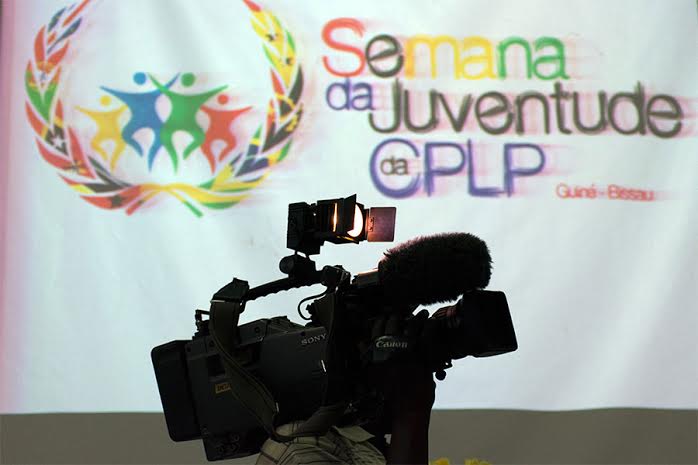 Strengthening ties between youth associations, CPLP's new strategic vision and the paradigm of development, cooperation and the Portuguese language mark the start of the first CPLP Youth Week, which takes place from 25 to 28 June in Guinea-Bissau.
Strengthening ties between youth associations, CPLP's new strategic vision and the paradigm of development, cooperation and the Portuguese language mark the start of the first CPLP Youth Week, which takes place from 25 to 28 June in Guinea-Bissau.
"It's time to reflect on a new development paradigm", said Tiago Soares, one of the guest speakers at the start of the Youth Week of the Community of Portuguese Language Countries (CPLP), an event that gathers, until June 28, at the center from Bissau, CPLP youth, Portuguese-speaking representatives, government leaders and experts in youth and development issues.
According to the former president of the National Youth Council (CNJ) of Portugal, "it is necessary to create new languages and new narratives on issues of development for youth", he says, using the example of poetry to unite aesthetics and innovation from "out of the blue".
Tiago Soares emphasizes the right to happiness, when talking about development and privileges fundamental issues such as human rights, far beyond the economic vision, as they are common to all countries in the world affected by social problems such as unemployment, poverty and social inequality.
As he defended in his speech, the success of the CPLP depends on the ability of different cultures to get to know each other better. “After independence, there was no other generation that could build together. The collective construction work is painful because we don't know each other. People don't recognize each other. There is a fundamental question, how does a group of countries that developed with a colonizing power build a common identity?”, he challenges.
In the same line of reasoning, Domingos Simões Pereira, prime minister of Guinea-Bissau, who was part of the first part of the plenary, highlighted the importance of investing in those who will be the next leaders to build a Portuguese-speaking identity.
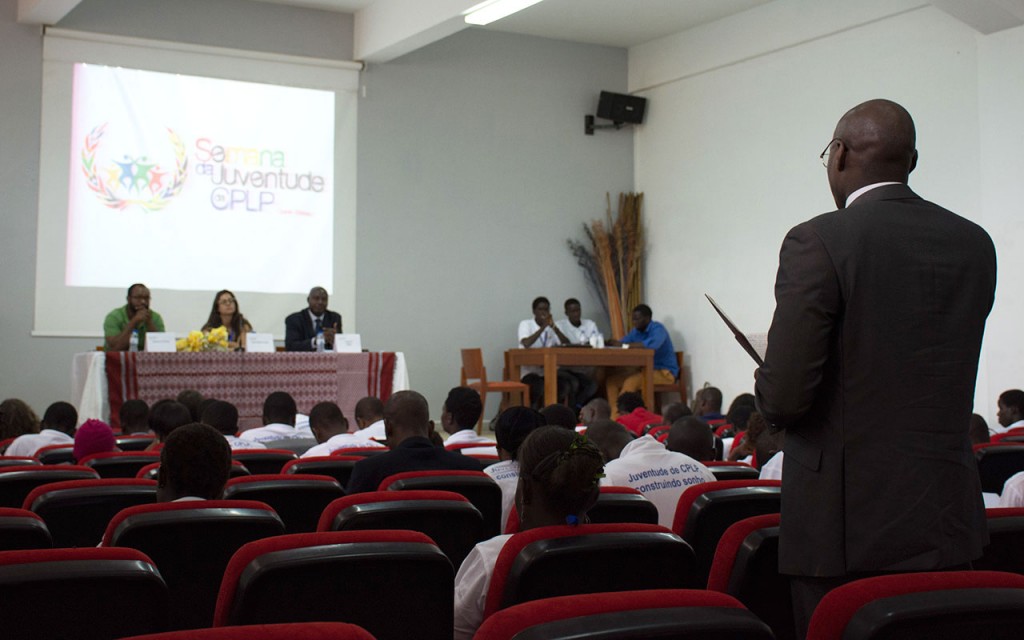 “The problems that afflict our youth are problems that concern all the peoples of the world who aspire to development. Young people have the capacity and energy for this development. Therefore, we are expecting a lot from this week”, he highlighted.
“The problems that afflict our youth are problems that concern all the peoples of the world who aspire to development. Young people have the capacity and energy for this development. Therefore, we are expecting a lot from this week”, he highlighted.
The head of the Guinean executive also highlighted the problems that affect society in Guinea Bissau, such as HIV and sexually transmitted diseases. “We cannot claim excellence and ignore what is fundamental, which is to protect human health that sustains the development of society. We need serious reflection, for a change of attitude, where education and training will occupy a prominent place, to build a future with confidence.”
For his part, for the secretary of State for Culture and Sport of Guinea Bissau, Tomás Gomes Barbosa, this “sustainable future” involves social and political awareness as a mobilizing way to respond to common challenges.
“Youth have been going through several problems: health, issues of sexuality, citizenship, unemployment, participation and debate of ideas, entrepreneurship. Therefore, I want to launch a challenge: it is time to transform our CPLP, to consolidate the gains from the past, which have a historic role in the development of our countries. We are Camões language speakers whose identity deserves attention”.
An attention, in fact, which, from the perspective of António Nabituque, president of the CPLP Youth Forum, involves the effective inclusion of youth in what is the privileged space for independent debate. “The CPLP forum is defined by its total governmental, party, ideological, religious and ethnic independence. Its aims are to deepen the bonds of solidarity, cooperation and dialogue between young Portuguese-speakers, as well as the promotion of human rights”, he stated.
Millennium Development Goals and Post-2015 Agenda
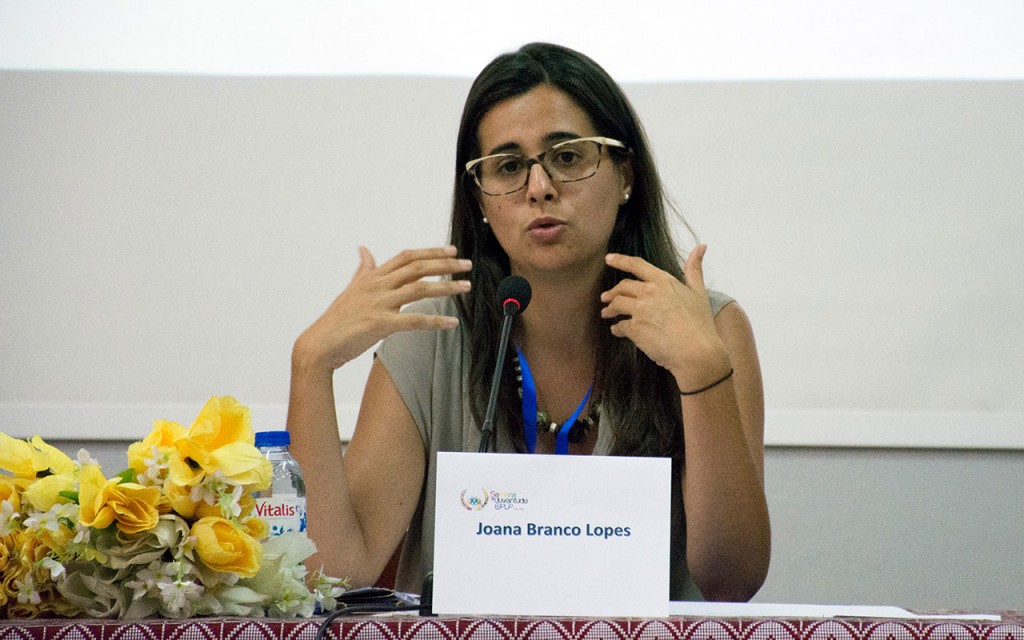 In the second part of the morning session, the review of the United Nations Millennium Development Goals and the debate on the future were highlighted.
In the second part of the morning session, the review of the United Nations Millennium Development Goals and the debate on the future were highlighted.
For the first time, the UN has an ongoing public consultation for a post-2015 agenda, which will cover all geographies and not just developing countries.
This was the focus of the presentation by Joana Branco Lopes, president of the National Youth Council in Portugal, who reinforced the fact that a large part of development problems cut across the entire world.
The CNJ representative, the only woman present on the panel of speakers, calls for greater female participation in these issues, taking the opportunity to bridge the general lines of the post-2015 agenda.
“Girls are a considerable part of the world's youth. They are considered in several of the objectives and in several of the goals. Boys are not so much, we know that, in fact, there are asymmetries and that they already have access to a number of things that girls do not have. But in fact, we believe that, even in the 17 goals already outlined, and in the nearly 200 goals that exist, the youth dimension still does not have the relevance and prominence that it should have”.
The CPLP Youth Forum it does not yet have a defined position in the 2015 development agenda.
During the debate promoted at the end of the second panel, Guinean sociologist Dautarim da Costa, underlined the fundamental importance of civil society, which in his view is still dispersed in the context of the CPLP.
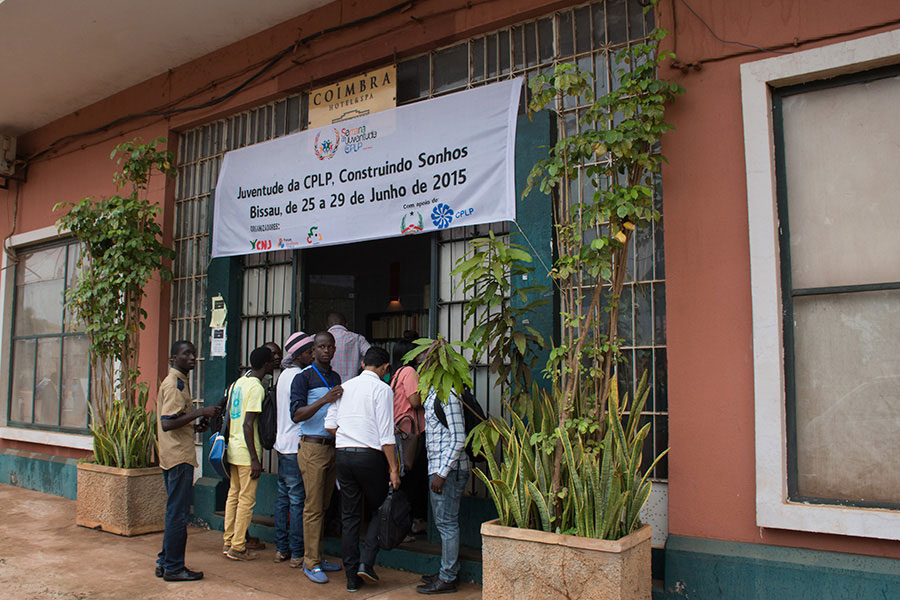 “My perspective is that of a community that can grow even more, with enormous potential and that is underused. We are umbilically connected and my question is what do we do with this whole connection? I think we have to take other steps, foster integration. We can be much more CPLP. There is a very important barometer to take into account, if we talk about CPLP, less integrated people identify the name. But they don't quite understand where they fit into this community. It is an indicator that there is something more to be done”.
“My perspective is that of a community that can grow even more, with enormous potential and that is underused. We are umbilically connected and my question is what do we do with this whole connection? I think we have to take other steps, foster integration. We can be much more CPLP. There is a very important barometer to take into account, if we talk about CPLP, less integrated people identify the name. But they don't quite understand where they fit into this community. It is an indicator that there is something more to be done”.
Dautarim continued with his critical analysis, causing controversy in the audience. In his opinion, the CPLP fails in some respects, especially with regard to concerted action for development.
In line with this perspective, Inácio Ilé, representative of the United Nations Development Program in Guinea Bissau, reinforced the issues raised by the sociologist. According to the data it presented, the Human Development Index still presents a very worrying scenario. Most CPLP countries show very low levels of development.
For the economist, the CPLP has to make itself felt in the countries that need it most. In his opinion, there is a long way to go and a more inclusive one, giving as an example the issues of extreme poverty.
“In 2002, at the time of writing the MDG report, [indices of] extreme poverty were at 22 percent. The 2010 assessment says extreme poverty was at 33 percent. The data shows that it has grown. And the assessment that is being carried out, now, can bring new numbers”, therefore, he says, convinced that in view of these data presented, and with this new approach of the United Nations, by involving everyone equally, '”the future begins today"'.
Text authors: Ana Gonçalves, Bruno Filipe Pires, Vanessa Rodrigues, within the scope of the Radar da Par Association – Social Answers
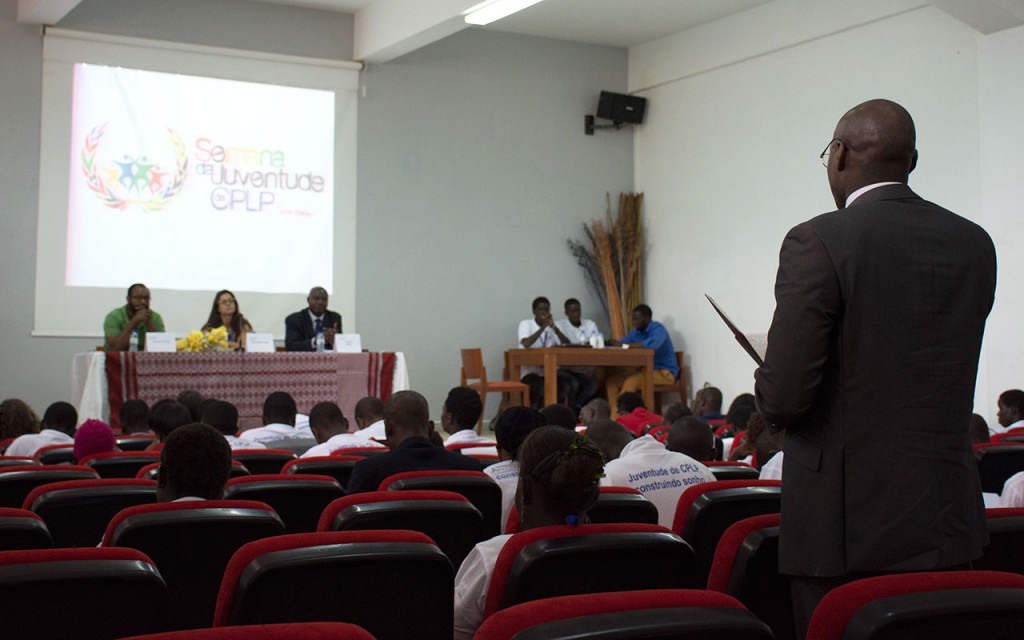
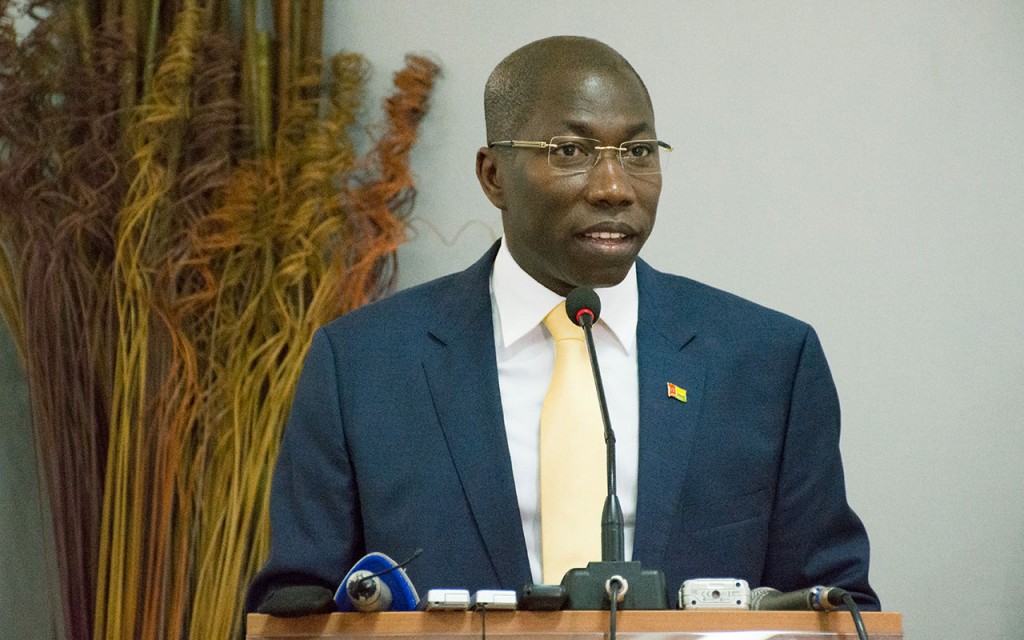
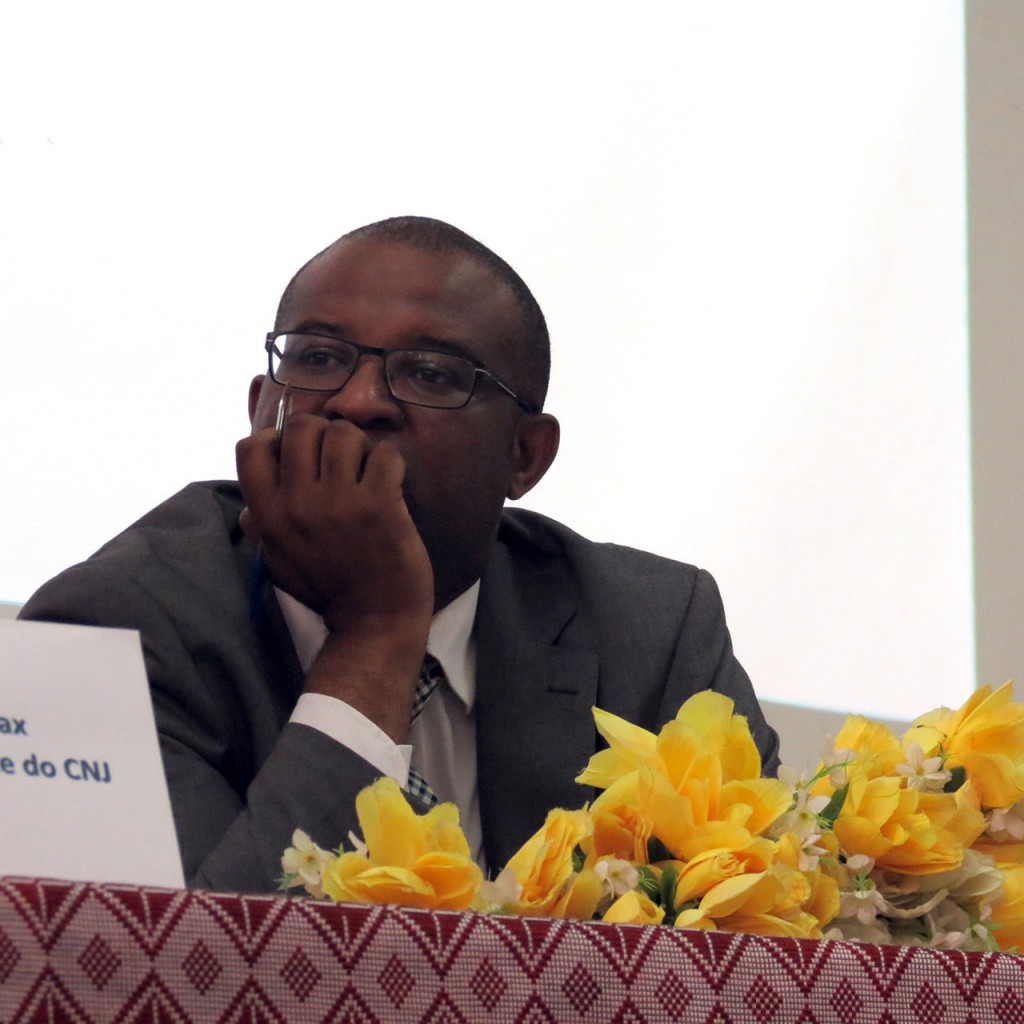
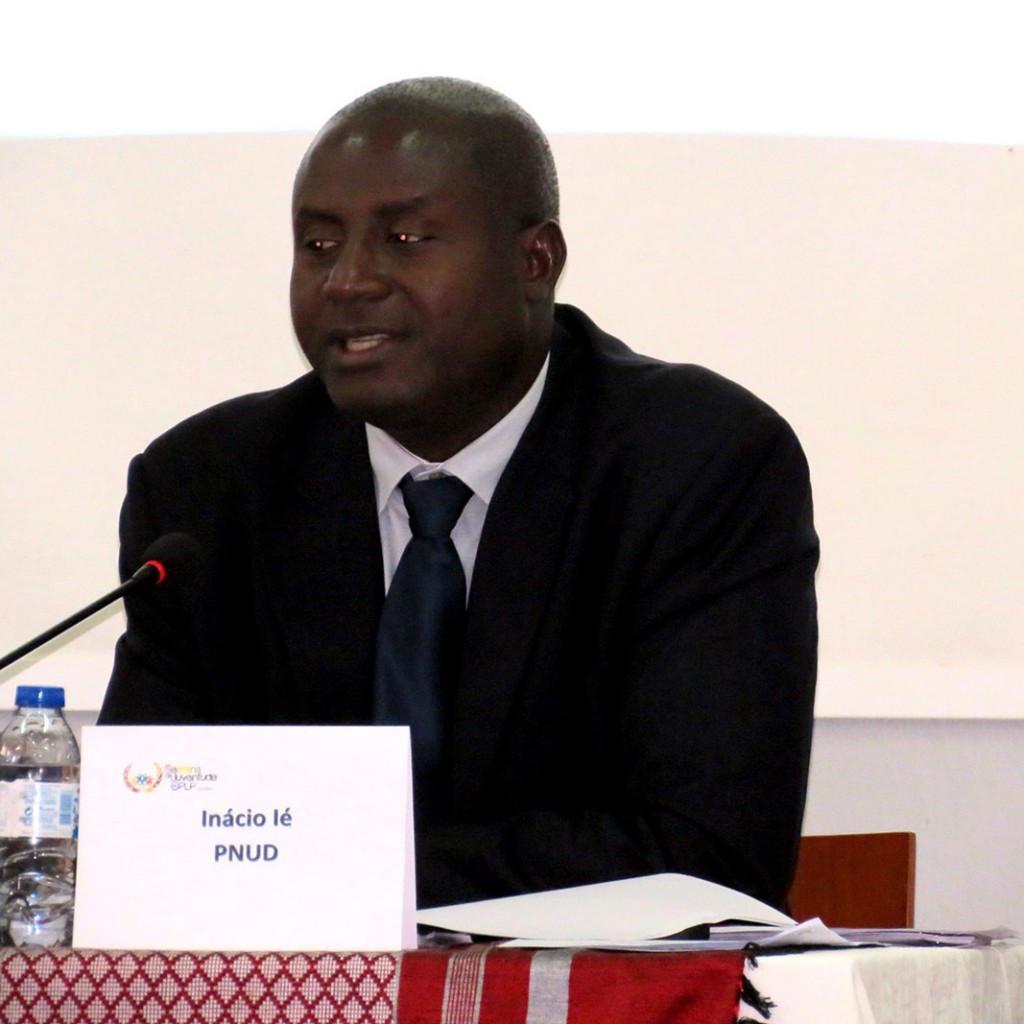
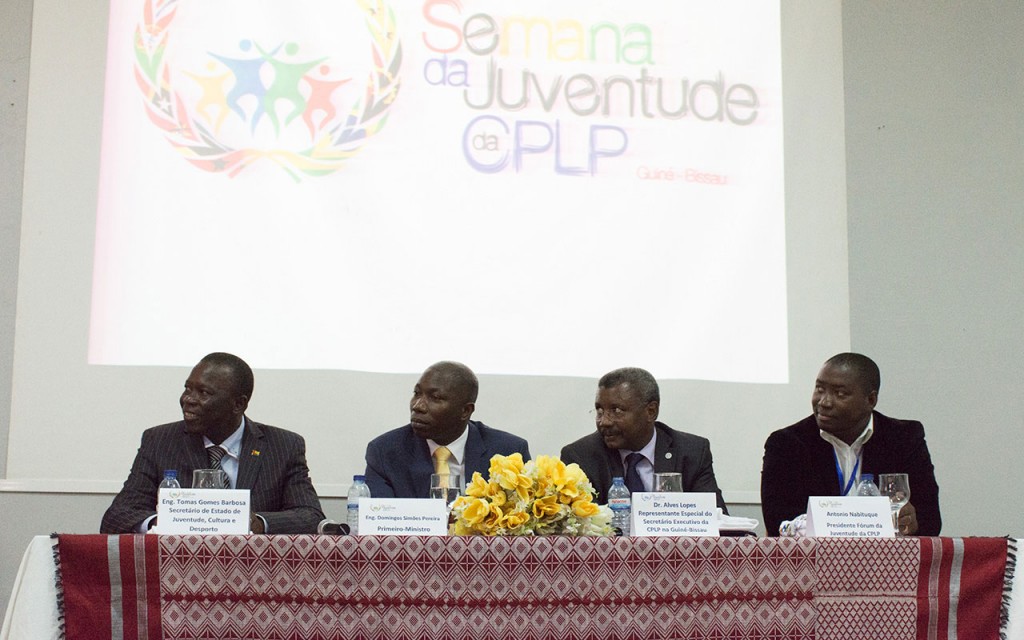
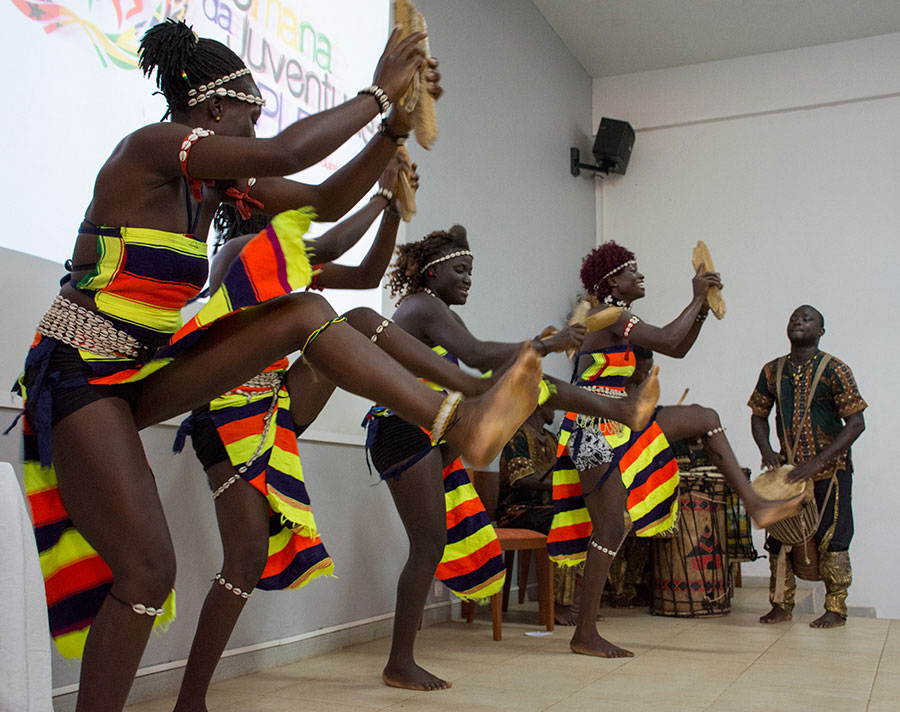
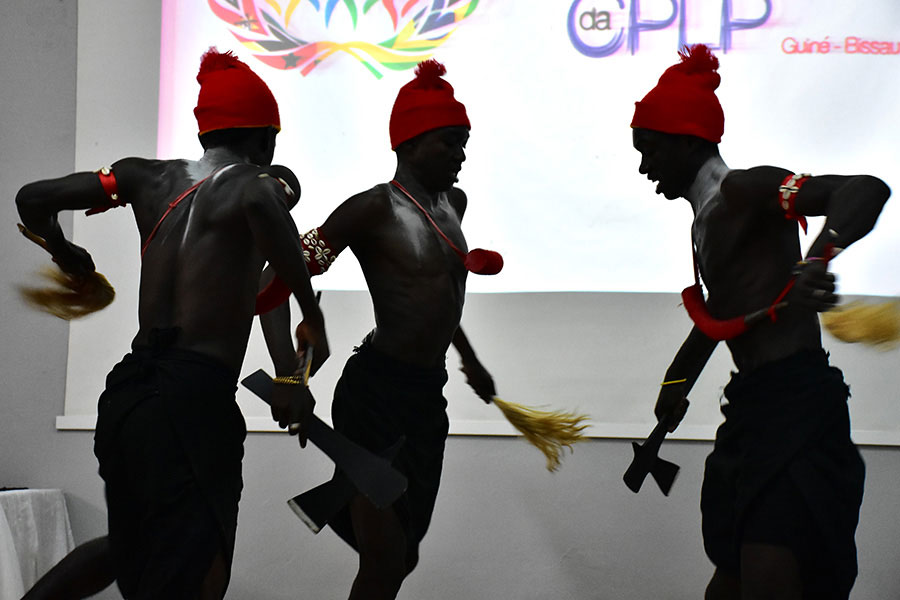


















Comments